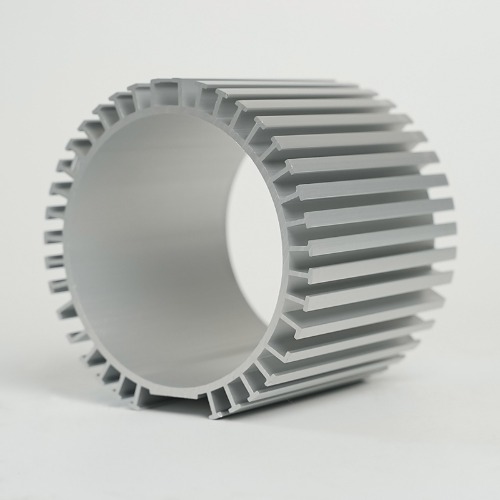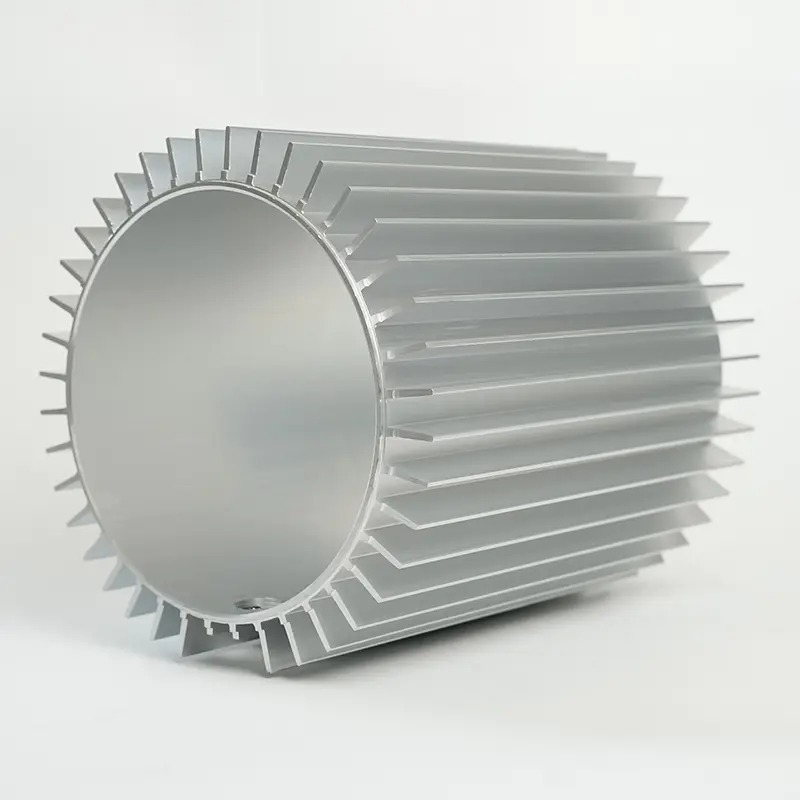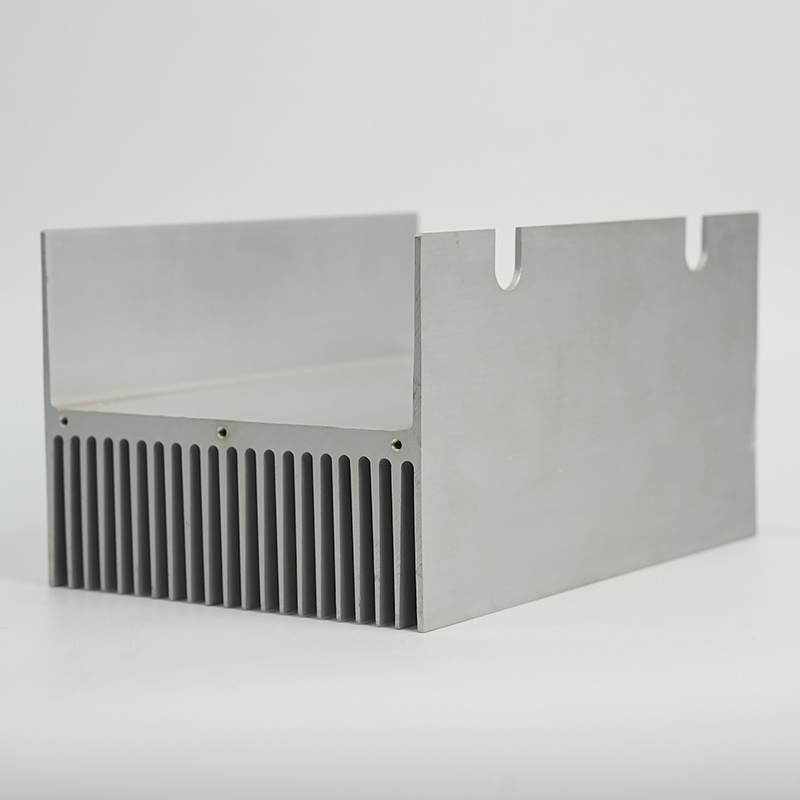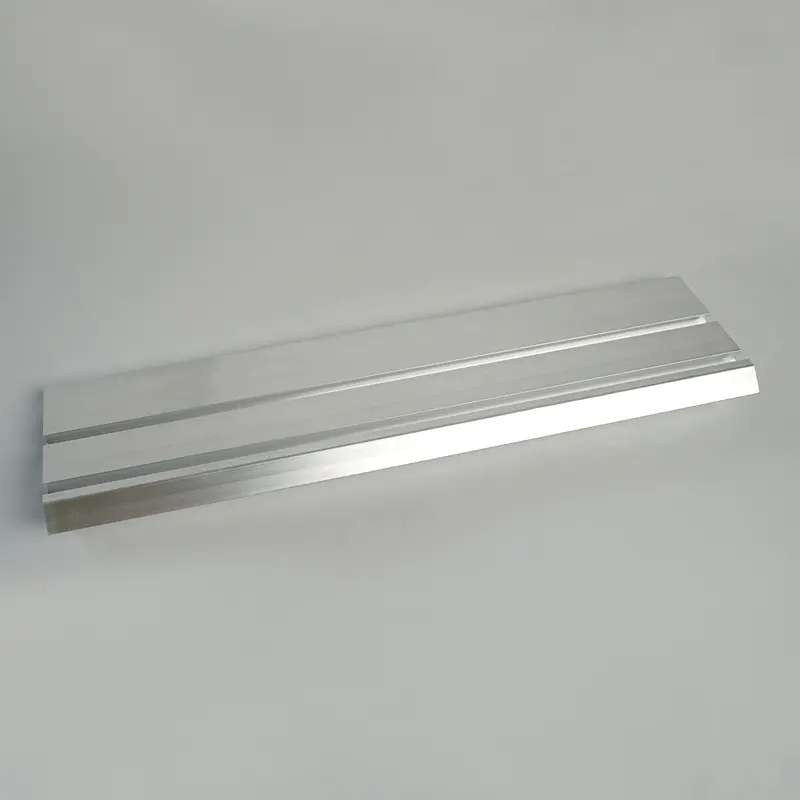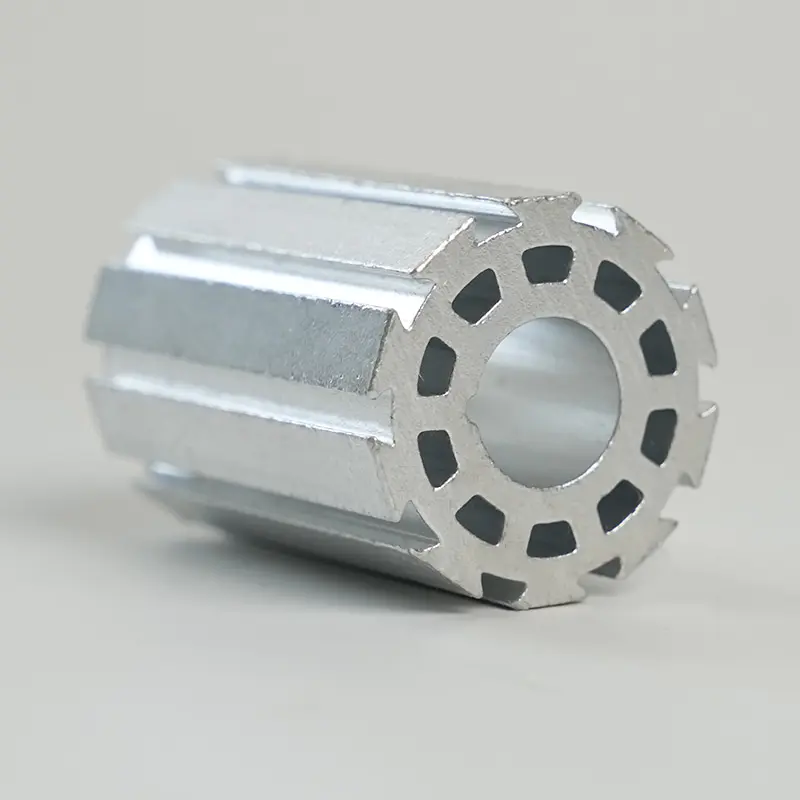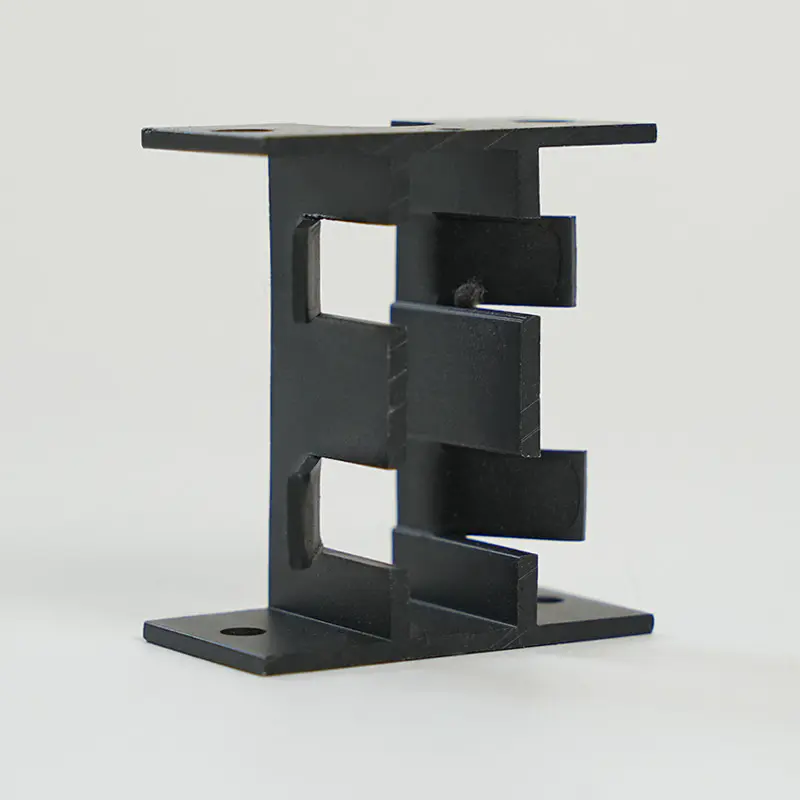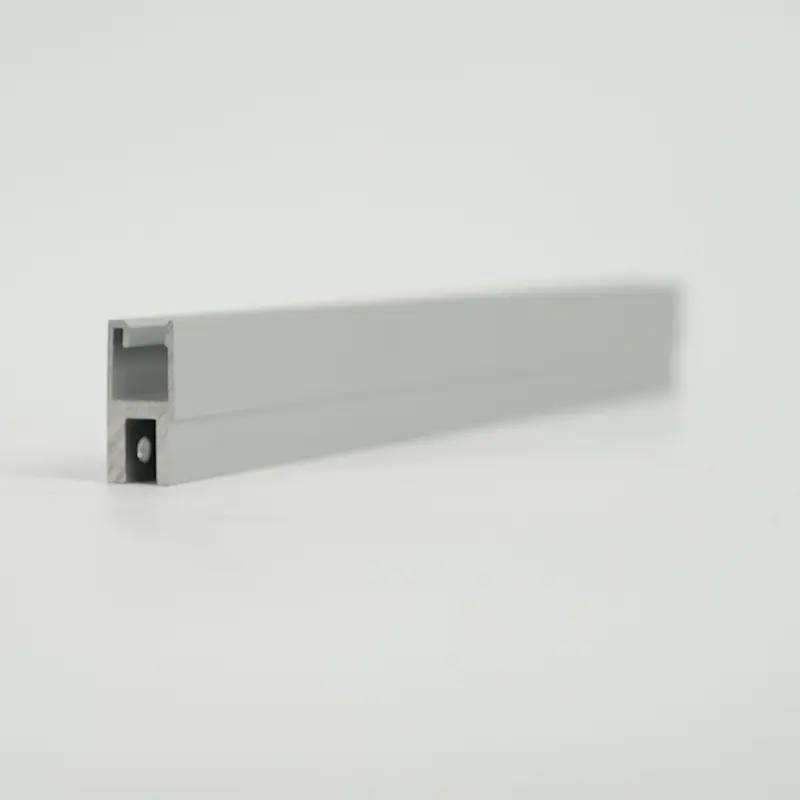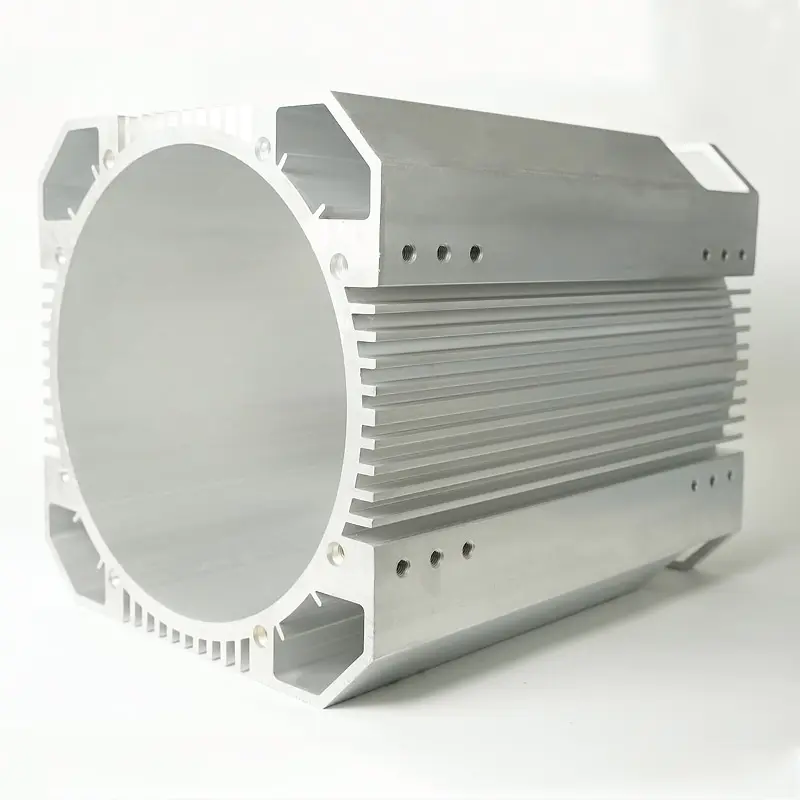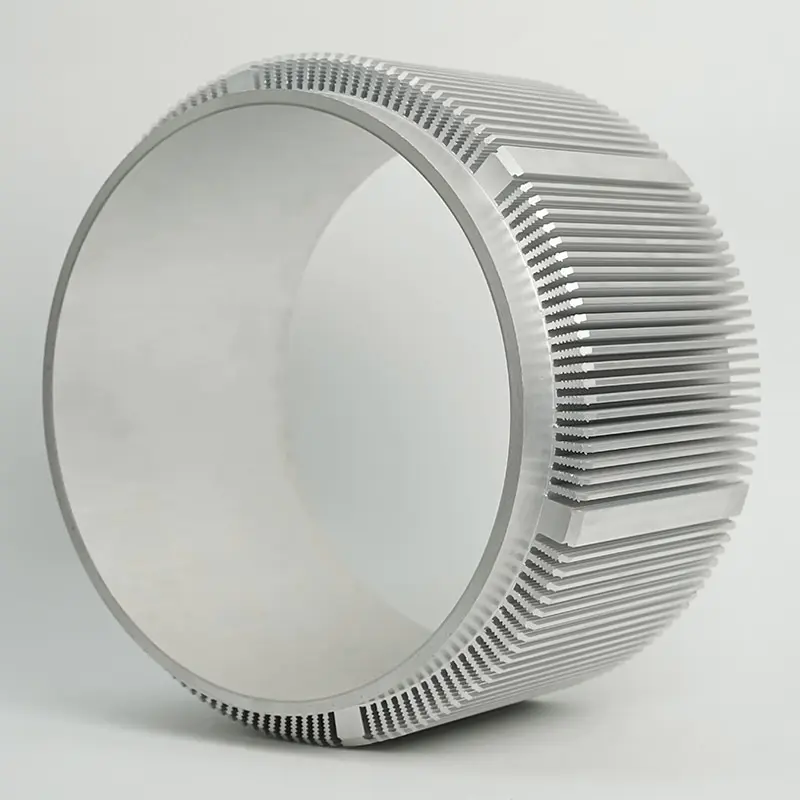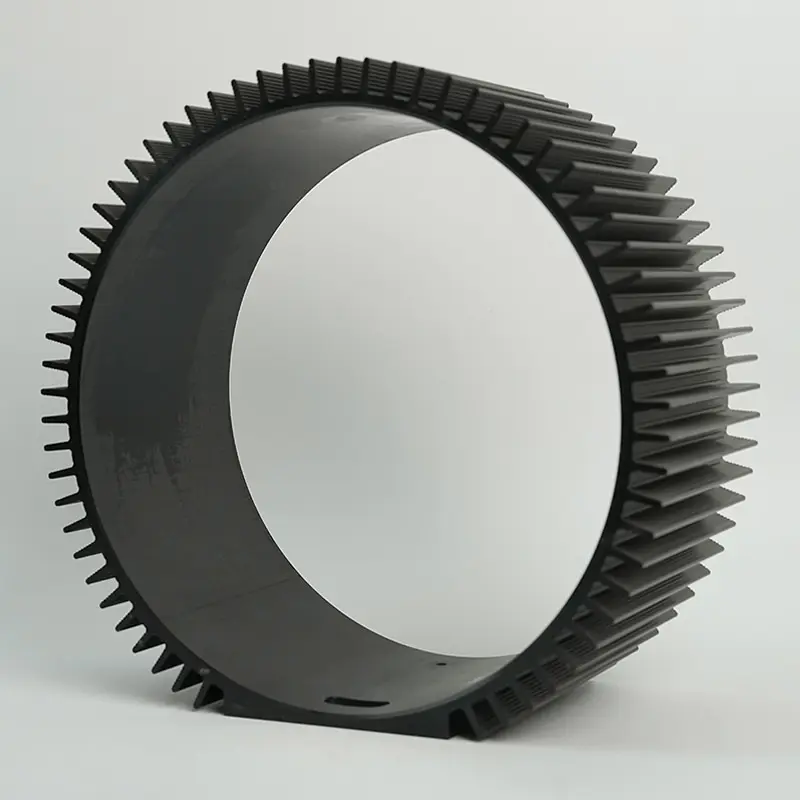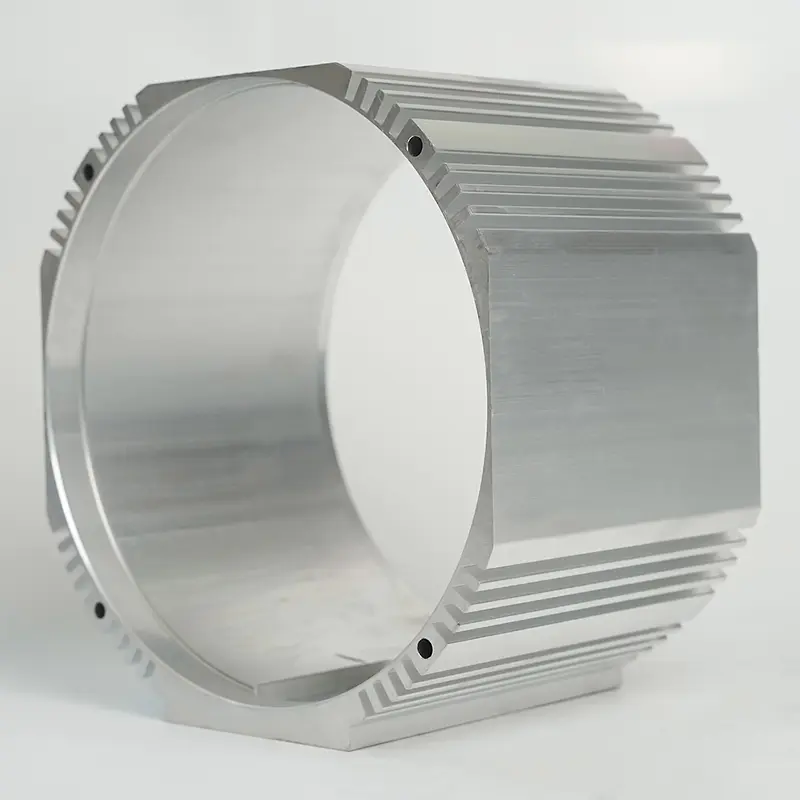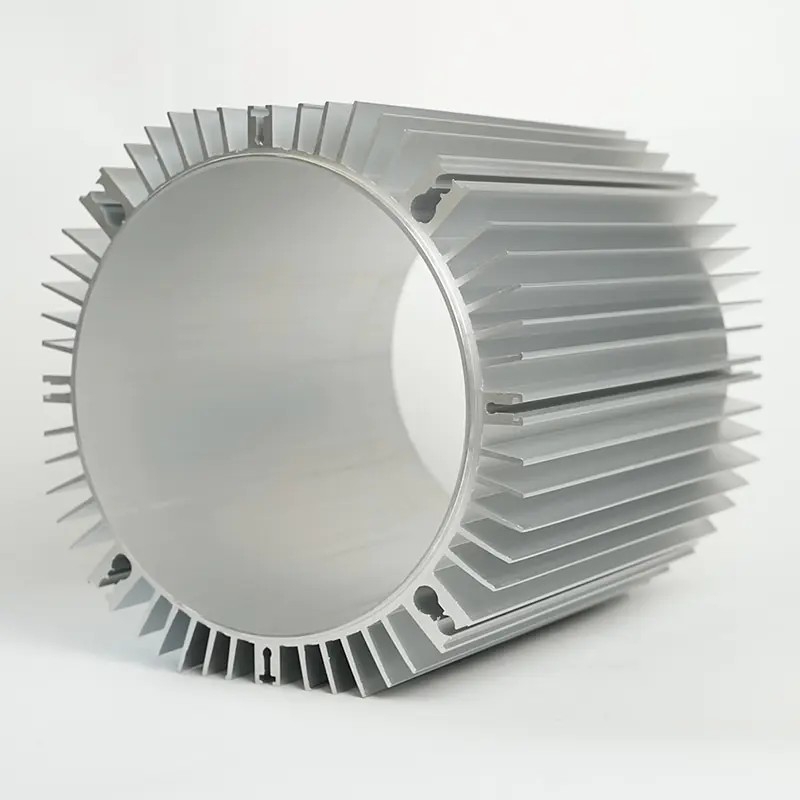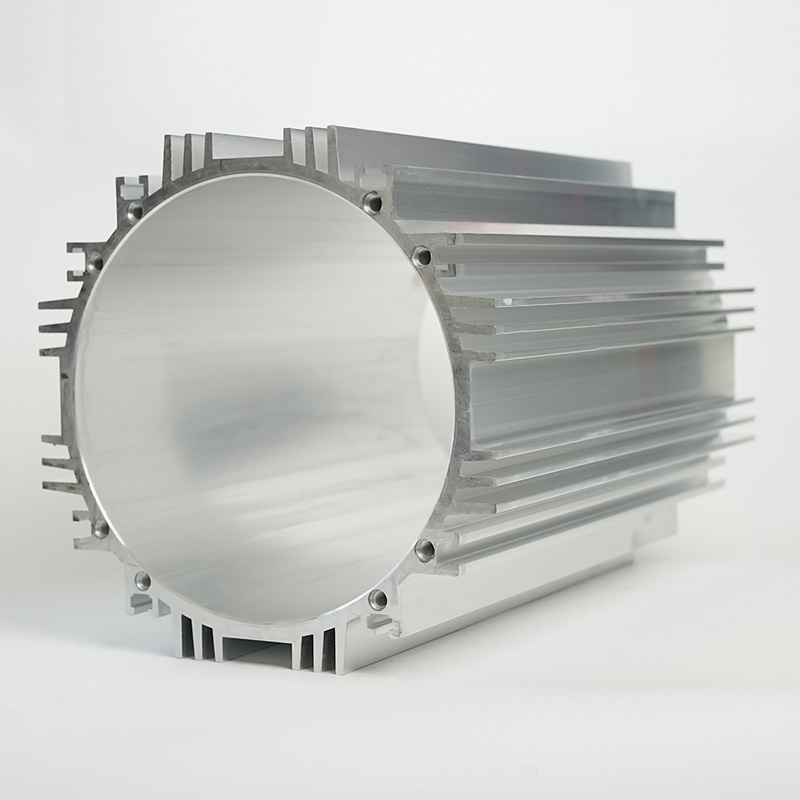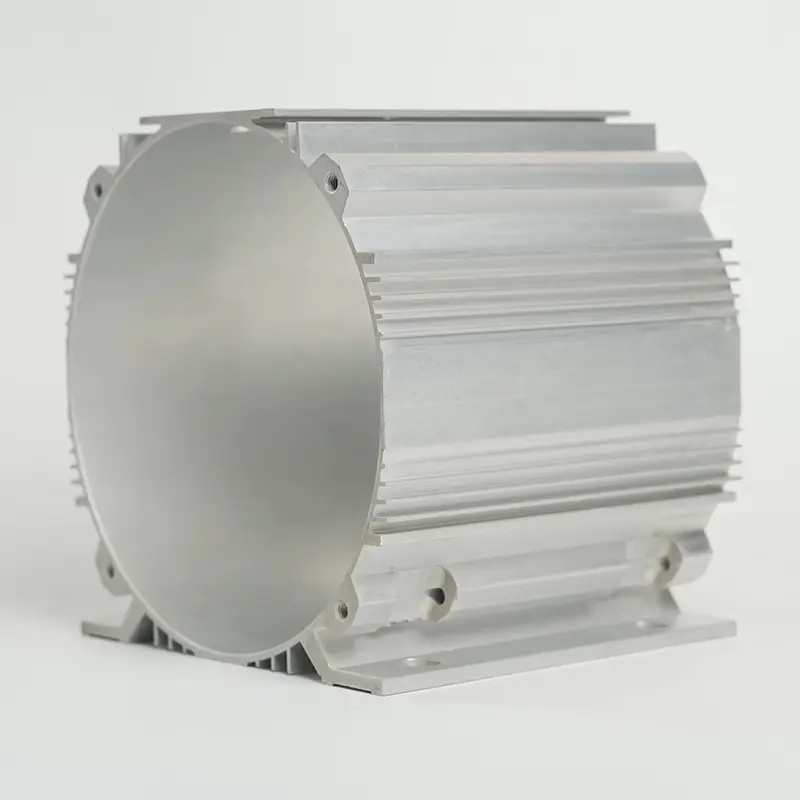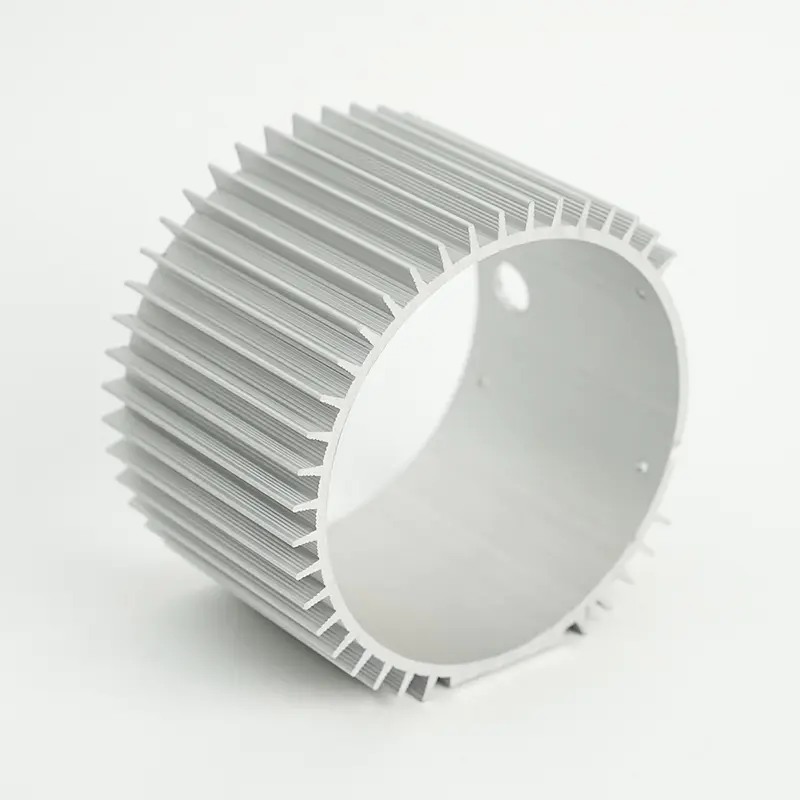Introduction to Aluminum Electric Motor Casing
What is an Aluminum Electric Motor Casing?
An Aluminum Electric Motor Casing is a protective housing designed to encase the internal components of an electric motor. It provides structural support, protects against environmental factors such as dust and moisture, and ensures safe and efficient motor operation.
Advantages of Using Aluminum in Motor Casings
- Lightweight: Aluminum casings are significantly lighter than cast iron alternatives, reducing the overall motor weight and making installation easier.
- High Thermal Conductivity: Aluminum effectively dissipates heat, keeping motor temperature low and improving efficiency.
- Corrosion Resistance: Aluminum forms a natural oxide layer, providing protection against corrosion in various environments.
- Cost Efficiency: Lower mold costs and the ability to use a single mold for multiple sizes make aluminum casings economical.
Types of Aluminum Electric Motor Casings
Aluminum Alloy Motor Shell
Aluminum alloys are commonly used for motor casings due to their combination of lightweight, mechanical strength, and thermal properties. These alloys can be tailored to specific applications, balancing durability and heat dissipation.
Common Aluminum Grades (ADC12, etc.)
ADC12 is a widely used aluminum alloy in motor casings, offering excellent castability, mechanical strength, and corrosion resistance. It is suitable for a variety of motors including reducers, water pumps, and servo motors.
Comparison with Other Materials
| Property | Aluminum Casing | Cast Iron Casing |
|---|---|---|
| Weight | Lightweight (approx. 1/5 of cast iron) | Heavy |
| Thermal Conductivity | High, fast heat dissipation | Low, slower cooling |
| Cost | Lower mold cost, versatile | Higher mold cost, less flexible |
| Temperature Rise | Low | Higher |
| Ease of Machining | Easy to machine and customize | Harder to machine |
Manufacturing Processes of Aluminum Electric Motor Casing
Casting Methods
- Die Casting: High precision and suitable for mass production, commonly used for ADC12 casings.
- Sand Casting: Lower cost for small batches, versatile in shape design.
CNC Machining and Finishing
After casting, CNC machining ensures precise dimensions for mounting holes, internal cavities, and surfaces. Finishing methods like oxidation and electrophoresis improve corrosion resistance and appearance.
Aluminum Motor Housing Aluminum Extrusion
Extrusion allows creating long, uniform casing profiles, which can be cut to custom lengths and sizes. This process is cost-effective and supports versatile design requirements.
Performance Considerations
Thermal Management
Aluminum casings dissipate heat efficiently, reducing motor temperature rise and improving reliability and service life.
Structural Strength and Durability
Despite being lightweight, aluminum alloys like ADC12 provide sufficient mechanical strength to support motor components and resist deformation.
Noise and Vibration Reduction
Aluminum’s vibration damping properties help reduce operational noise compared to other lightweight materials.
Applications of Aluminum Electric Motor Casing
Industrial Electric Motors
Used in reducers, compressors, and conveyor systems where heat dissipation and weight reduction are critical.
Automotive Electric Motors
Applied in EV motors and hybrid vehicles to reduce weight and improve energy efficiency.
Household and Commercial Equipment
Used in water pumps, air conditioning motors, and small appliances requiring lightweight and corrosion-resistant housings.
Choosing the Right Aluminum Electric Motor Casing
Factors to Consider
- Motor size and power requirements
- Environmental conditions such as humidity and temperature
- Cost considerations and production scale
Material Selection Tips
- Select aluminum alloy type based on mechanical and thermal requirements
- Consider mold versatility and customization options
- Balance performance benefits against manufacturing costs
Conclusion
Aluminum Electric Motor Casings provide a combination of lightweight, heat dissipation, corrosion resistance, and cost efficiency. With proper material selection and manufacturing processes, they serve a wide range of industrial, automotive, and household applications effectively.
FAQ
1. What makes Aluminum Electric Motor Casing superior to other materials?
Aluminum casings are lightweight, provide excellent heat dissipation, resist corrosion, and are cost-effective due to low mold costs and versatile manufacturing options. They are ideal for applications requiring efficiency and durability.
2. What manufacturing methods are best for aluminum motor casings?
Die casting and CNC machining are commonly used for high-precision aluminum motor casings. Sand casting and extrusion are suitable for customized or large-sized casings, offering flexibility and cost-effectiveness.
3. Where are aluminum motor casings most commonly used?
Aluminum motor casings are widely used in reducer motors, water pump motors, air conditioning motors, servo motors, lifting motors, automobile motors, and other micro-special motor applications.


 English
English Español
Español
